13 Best Dogs For Autism: Best Breeds
Here are the best dogs/dog breeds for children on the autism spectrum.
Best Service Dog Breeds For Autism
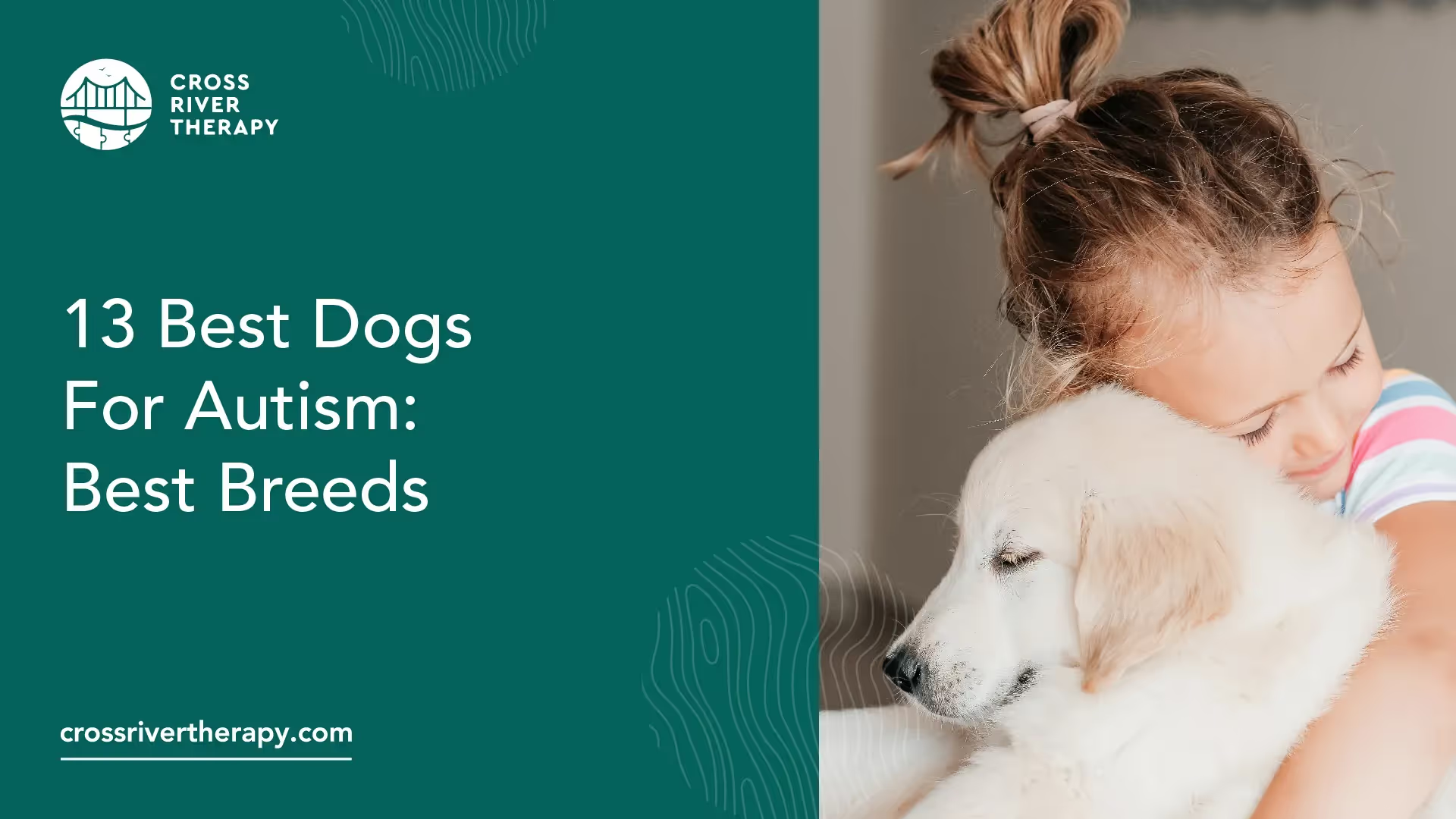
1. Golden Retriever
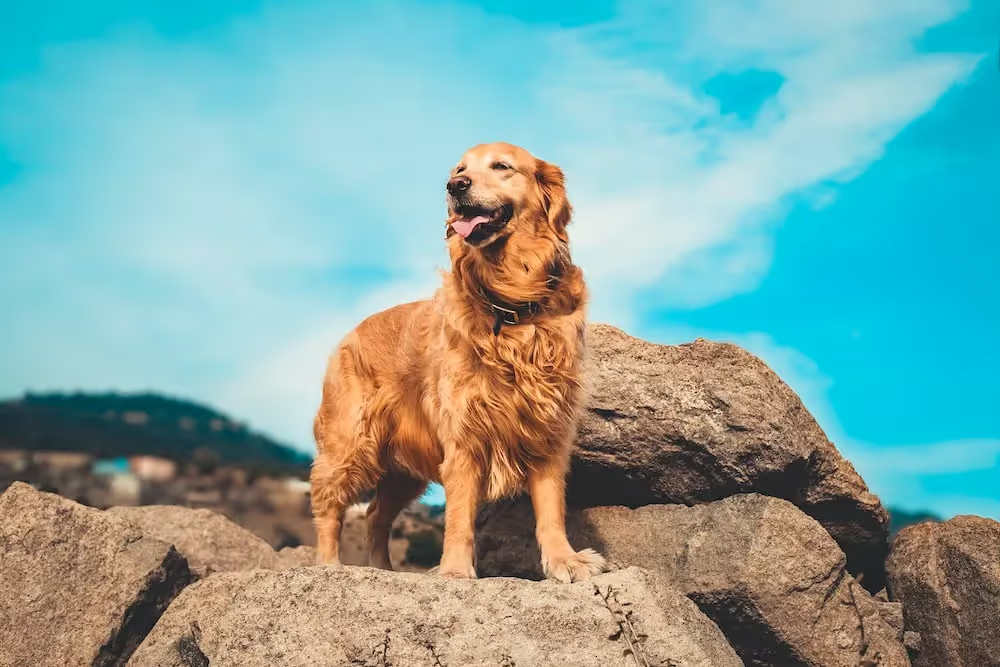
Golden Retrievers have earned a good reputation and stand as the poster child for family dogs. This is thanks to their portrayals in the media, real-world encounters, and lots of research. They're superb additions to any home where there's a special needs person present, and that includes autistic people. Their outgoing personalities, persistent devotion to owners, and fierce loyalty to handlers place Golden Retrievers at the top.
2. Saint Bernard
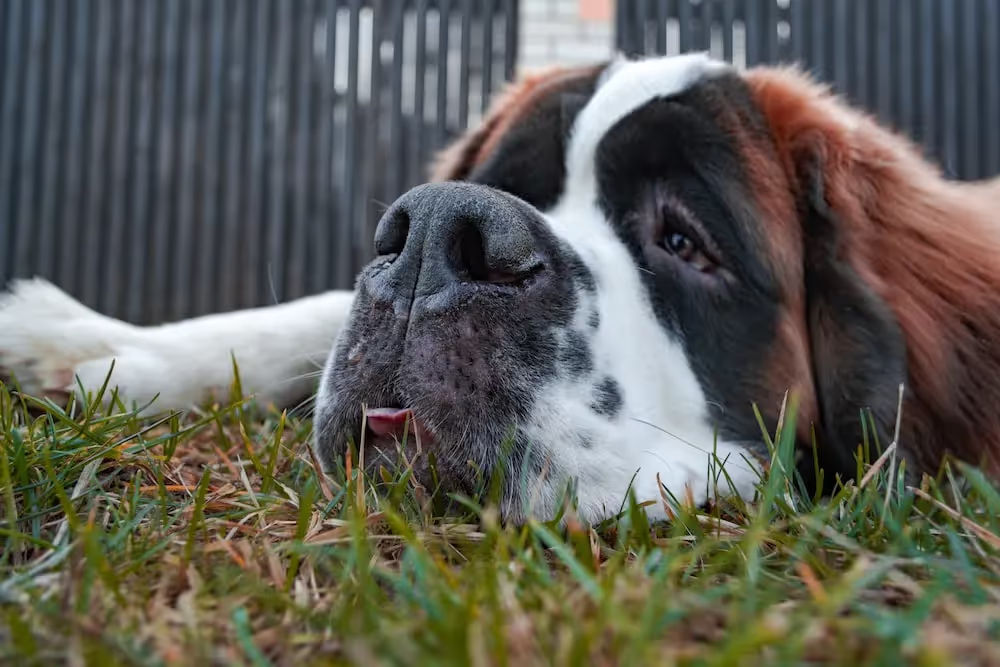
Saint Bernards are some of the most disciplined dogs in the world. They're very gentle and great to have around all children, including those with autism and other related disorders. Patient and smart, Saint Bernards can be trained to carry out tasks for families and respond well to owners, even when they're not trained.
3. Poodle and Labrador Crossbreed
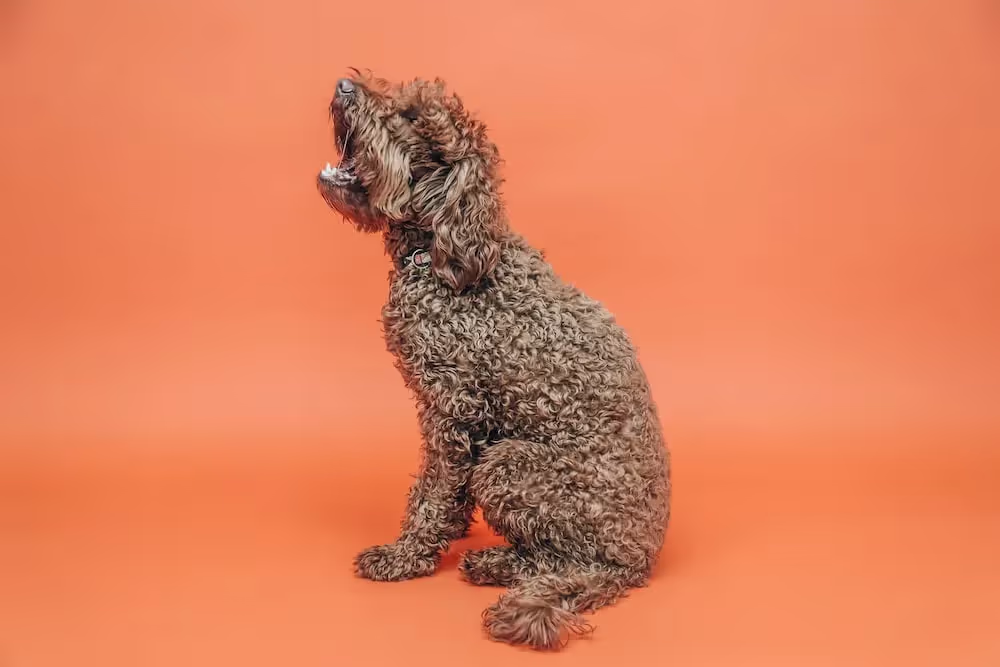
Sometimes referred to as a Labradoodle, this crossbreed is good for parents looking for a smart dog to spend time with autistic kids, yet don't want to worry about cleaning up lots of furs. Autistic children that have spent time with Labradoodles like the texture of their hair.
4. Collie
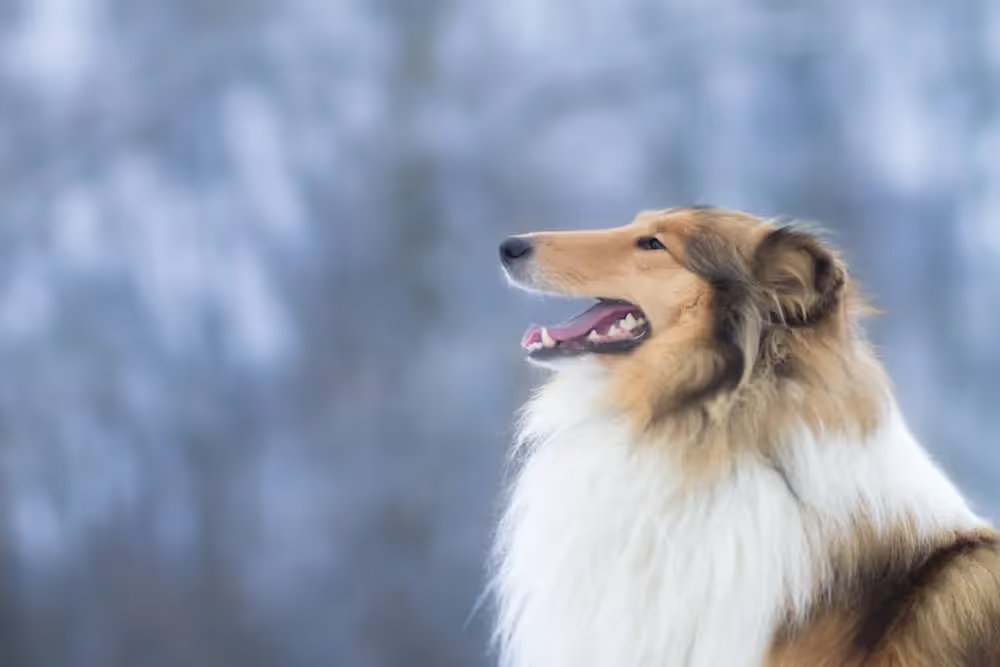
Collies are another staple family of naturally intelligent dogs. They're quick to react positively to different emotions that are displayed by humans. Collies like to stay close to the people they know and trust, making them good companions for ASD children with social problems.
5. German Shepherd
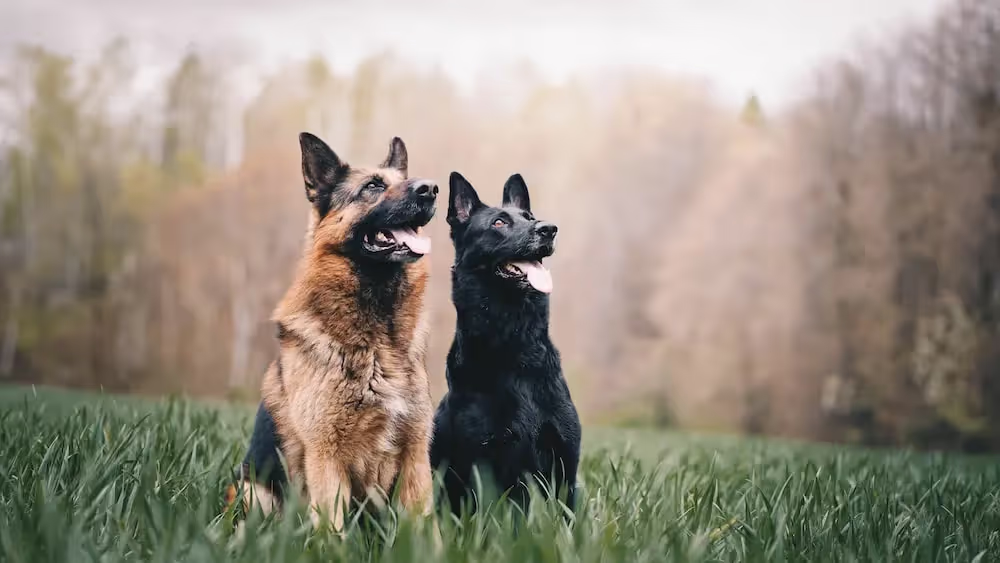
German Shepherds are very protective of their owners, handlers, and their families. They're also one of the smartest dogs, working alongside military and law enforcement. Tasked-oriented and not easily distracted, German shepherds are great when trained to be around autistic people and will take cues promptly with no confusion.
6. Bernese Mountain Dog
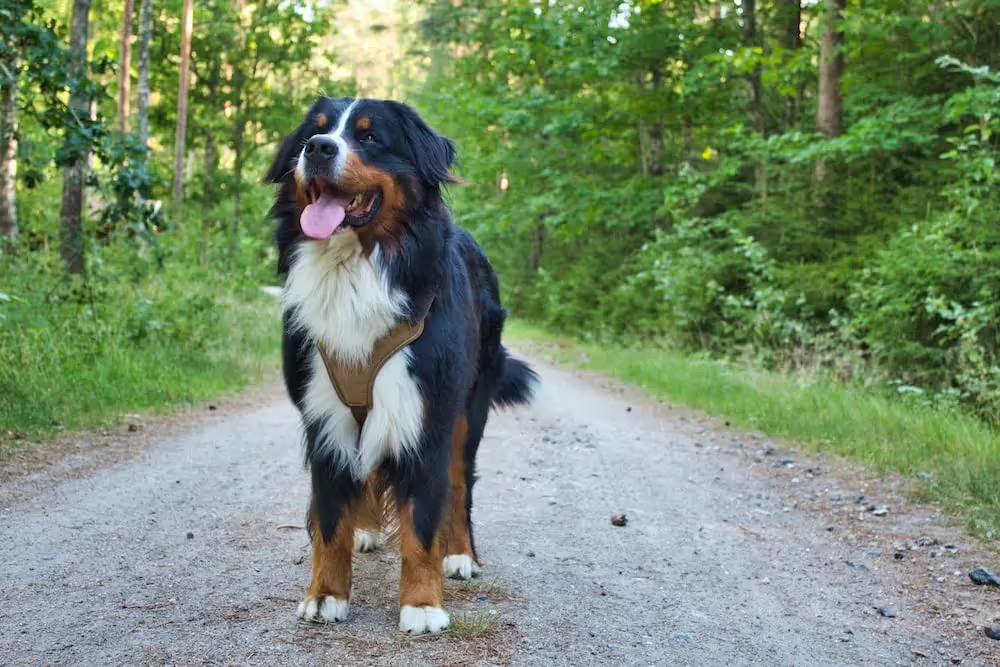
Bernese Mountain Dogs are very calm, even when in situations that would leave other dogs stressed out. For this reason, they're great for autistic kids with symptoms that may include tantrums.
7. Samoyed
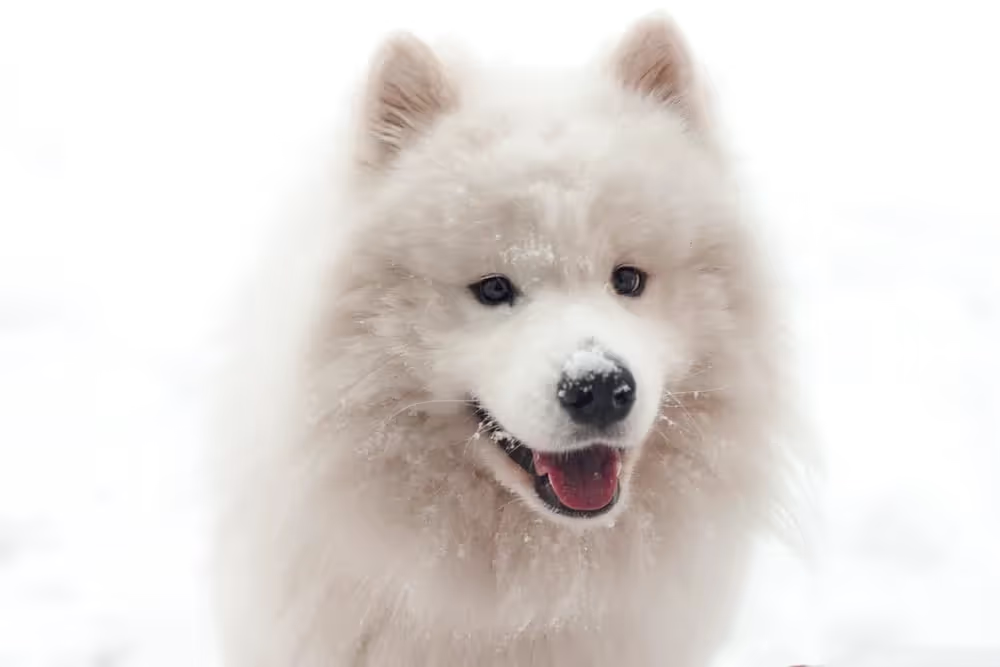
Samoyed dogs are easy to train and move to please their owners. As companion dogs, they're good around small children and adults that aren't accustomed to having dogs in the home. They can be caused commands by children, or learn on their own how to respond to certain exhibited behaviors.
8. Newfoundland
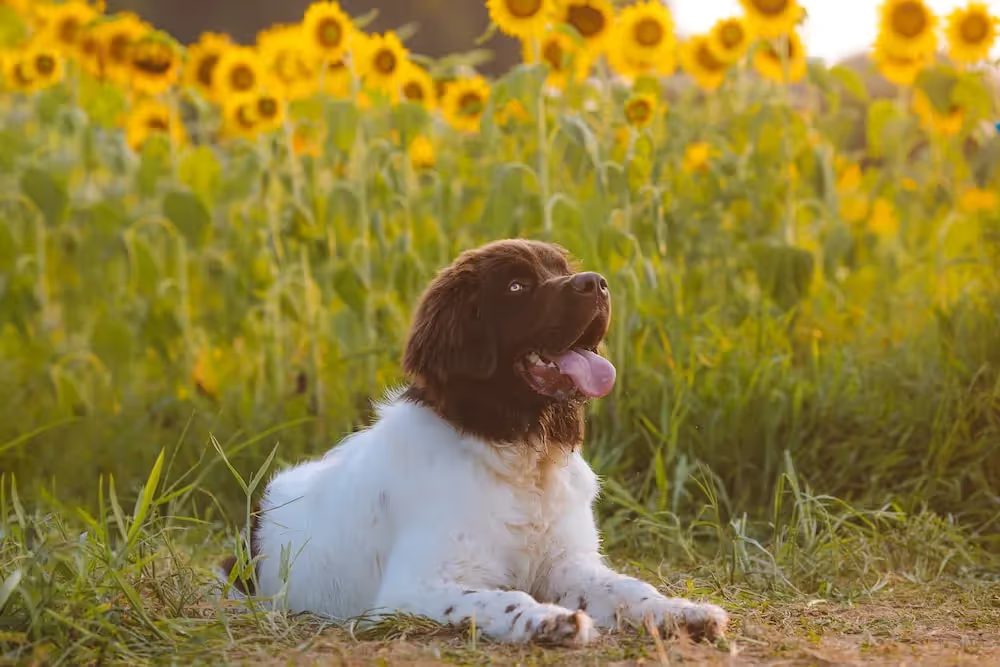
Newfoundland dogs might be large and bold in size, but they're incredibly docile and loving towards everyone, including friendly strangers, children with behavioral issues, and even autistic adults.
9. Beagle

Beagles are good for autistic people that have mild to few symptoms. At a typical maximum of 30 pounds, Beagles love to play around with kids and can keep young people occupied and increase sociability.
10. Staffordshire Bull Terrier

Bull Terriers are widely known for being great and kids. They're very outgoing and protective of small kids, knowing how to respond when they show agitation or exhibit anxiety. When properly trained, Bull Terriers can even cheer up kids that are noticeably upset.
11. Poodle
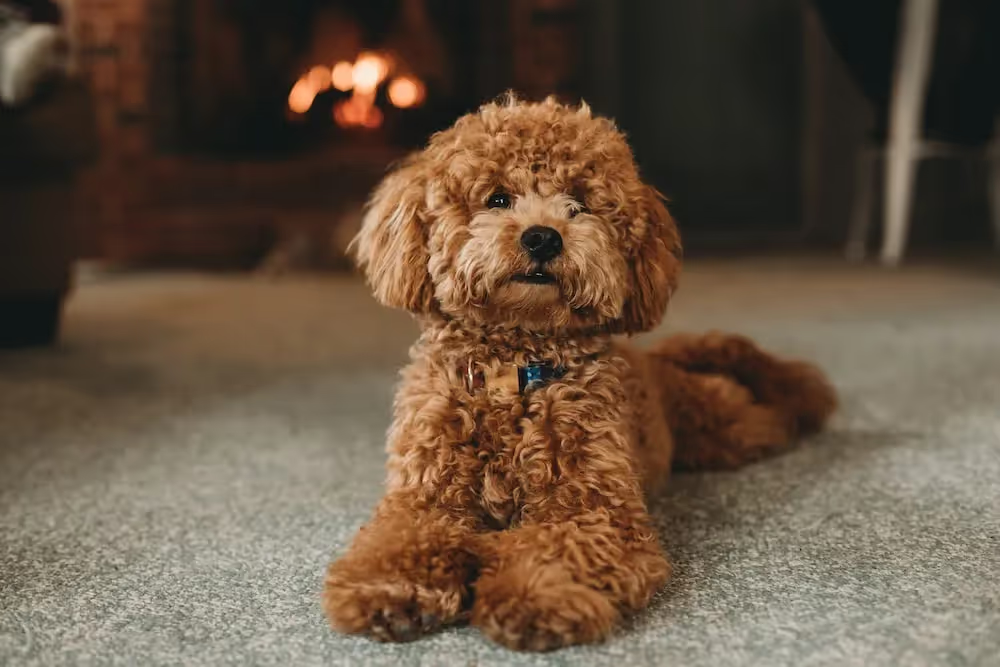
Poodles are smaller than Golden Retrievers but are just as smart and responsive. Being hypoallergenic, they're good for anyone that is allergic to the hair of most other dogs.
As they're so empathetic, poodles can help autistic children by bonding with them, possibly helping young people extend the same attitudes towards others.
12. Great Pyrenees
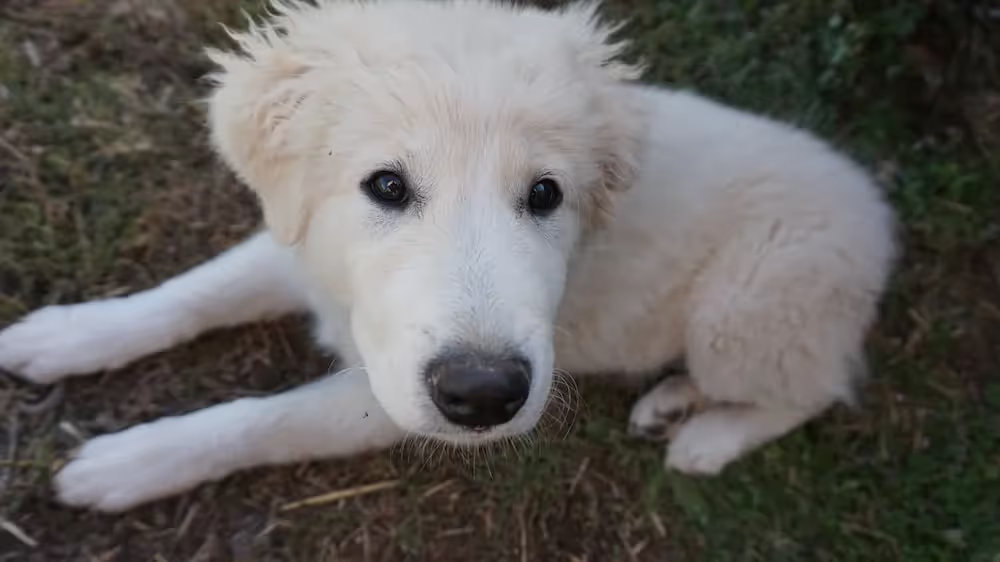
The Great Pyrenees is fiercely loyal and makes great watchdogs. With their high intelligence and energy, autistic children will love the way they react and adjust to their own emotions.
13. Labradors

Labradors are a huge relief of anxiety for families that own them. They're bold and friends to people and show care in their behavior around children.
Labradors can be trained as service dogs, therapy dogs, or acquired as general family pets.
Service Dog Organizations
4 Paws for Ability
4 Paws for Ability is a nonprofit, 501(c)(3) organization whose mission is to enrich the lives of children with disabilities and veterans by training and placing quality, task-trained service dogs.
Autism Service Dogs of America
Our mission at Autism Service Dogs of America (ASDA) is to make a positive impact on the lives of individuals living with autism.
Assistance Dogs International
Assistance Dogs International (ADI) is a coalition of not for profit assistance dog organizations.
Canine Companions for Independence
Canine Companions for Independence is a non-profit organization that enhances the lives of people with disabilities by providing highly trained assistance dogs and ongoing support to ensure quality partnerships.
Custom Canines Service Dog Academy
Custom Canines Service Dog Academy is a 501(c)3 not-for-profit organization of volunteer professionals and individuals.
How Dogs Can Help People With Autism
Dogs are incredibly loyal and useful companions for anyone to have in a home.
.avif)
They're also able to take care of other humans, either from protection or through communication with other people, such as the parents of a child that's in danger.
Dogs are children who share connections of friendship and mutual understanding. For these reasons and more, dogs are great to have around autistic children. But which dogs are the best?
Before a dog is chosen for a child with autism, parents must understand which classification fits their child's individual needs best. Three categories of dogs could be suitable, which include service dogs, therapy dogs, and companion dogs.
Much research has been conducted attempting to understand all benefits that are associated with each dog category, especially as they relate to helping people that are autistic.
Some improvements all three can provide are better social abilities, support regarding a child's emotions, and lowered levels of anxiety.
Knowing the differences between each classification is needed. Service dogs undergo much training, a period that teaches them how to carry out tasks related to the assistance of their handler and whatever disabilities they possess.
They can lawfully go into public areas with handlers, typically places where other dogs and pets aren't allowed to go. Such localities include grocery stores, restaurants, and shopping centers. Service dogs' reasons for being with handlers are extremely specific.
As a result, many will carry notices on leashes with rules for anyone nearby to avoid petting them. This reduces instances of the dog getting distracted from carrying out tasks and interpreting cues from their owners.
Anyone that considers getting a dog primarily for friendship and affection would likely find a service dog a bad fit for them. But what about autism service dogs?
Autistic service dogs can be trained just like ordinary service dogs but in a way, that's sensitive to the needs of someone on the spectrum. They're helpful ways for the handler to increase their social confidence and interactions.
Additionally, they're a great asset for boosting the handler's motor abilities.
They're taught how to understand cues relating to self-harmful behaviors. In a circumstance where one with autism might feel overwhelmed, the dog can apply pressure to their handler, leaning towards them or placing their head on their lap to keep their anxiety levels in check.
Therapy dogs are another important classification, also great for people with behavioral disorders. They give psychological therapy to people, except the handlers themselves.
Giving healing and comfort to children, therapy can be taken to care homes, rehab centers, and various learning institutions. They're quite friendly and easy to get along with, including others close to their family and friends.
Primary roles for therapy dogs aren't all the same, with some helping children harboring learning disabilities. Companion dogs are best for parents seeking a family pet for their autistic child.
They're capable of giving affection and friendship to children and adults. Loyal to the core, companion dogs for people with ASD are at their best when trained correctly. This is crucial to the dog not triggering unwanted behaviors in young people, such as loud, aggressive barking.
How To Choose A Dog Breed For Your Autistic Child
The best way that parents can choose a dog is by first understanding the primary personalities of each dog breed they're interested in. This can be done through research or even taking a child to a local kennel. While there, they can ask to pet and briefly interact with the dog that responds well to them.
FAQs
What is the best service dog for autism?
Based on numerous studies, Golden Retrievers rank as the best dogs for autistic young people. They're safe to be around and have a good reputation for showing a lack of aggressiveness in their demeanor.
What pets are good for autism?
Cats and rabbits are good with autistic children as well, or even smaller varieties like guinea pigs and hamsters. Aquariums might also interest autistic people and provide them with a way to quickly reduce their anxiety levels.
What are autism service dogs called?
Autistic service dogs are called SSigDOGs. Spelled out, it reads Social Signal Dogs. These are dogs specially trained to perform orders for people with disabilities. They're also good for autistic people and can be trained to learn sensory cues.
Can service dogs help with autism?
Service dogs are a proven way to help autistic people, as they're thoroughly trained to take on the commands given to them by handlers and owners.
Can dogs sense autism?
Dogs are incapable of sensing autism in anyone. However, they can understand and pick up cues from one's body language, temperaments, outward behavior, and tone of voice.
Since the body language of people with autism is oftentimes different than others, dogs pick up the subtle difference and correct themselves to their observations.
Should an autistic child have a dog?
Yes, autistic children can have dogs, though the severity level of their autism could make parental supervision necessary when they interact with one another. For autistic people with mild symptoms, supervision may not always be required.
Can I train my dog to help my autistic child?
Dogs can be trained to learn cues that signal them to walk away or come close to someone that's on the spectrum. They can also be taught to behave in a way that puts someone in a good mood, such as coming close to petting.
What tasks can service dogs perform for autism?
Service dogs are capable of walking someone toward a destination safely. They can even be trained to bring small children back to their parents or stay in one spot when in a place that's crowded.



